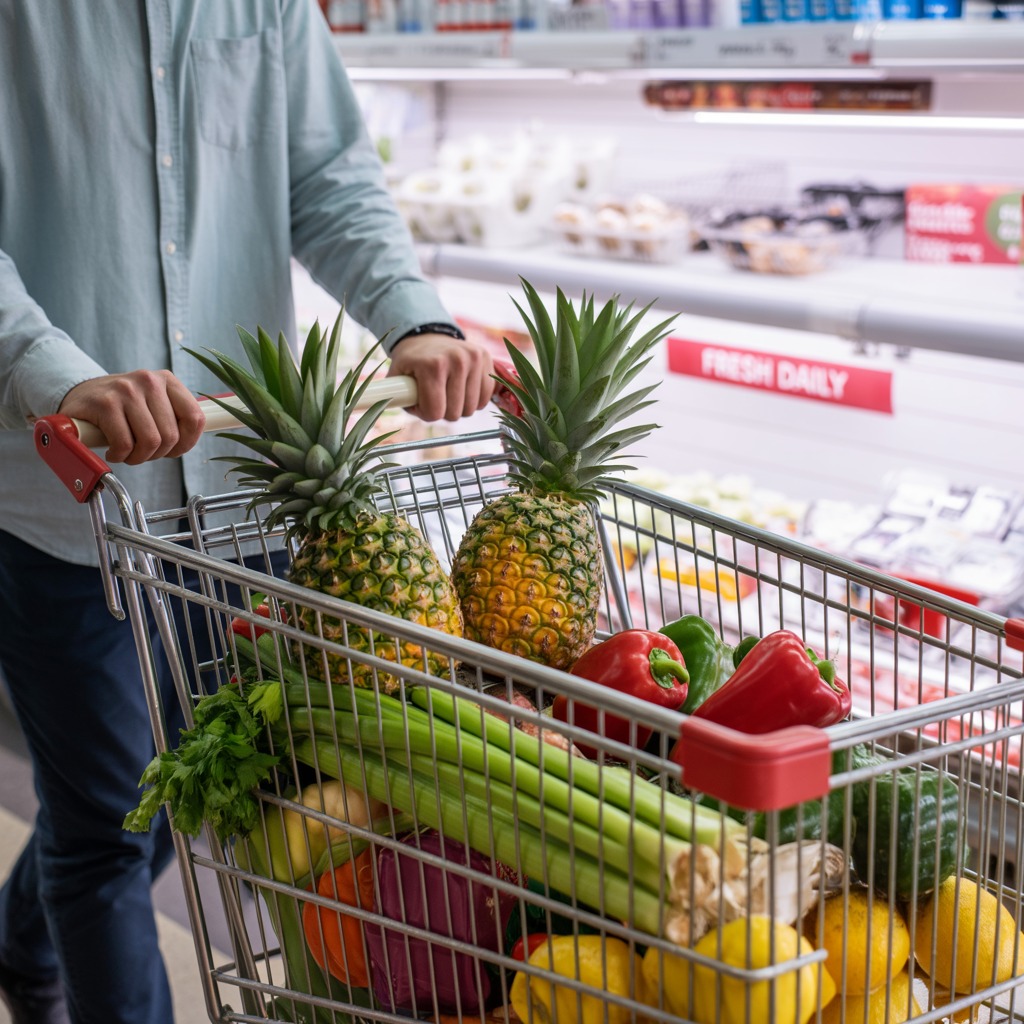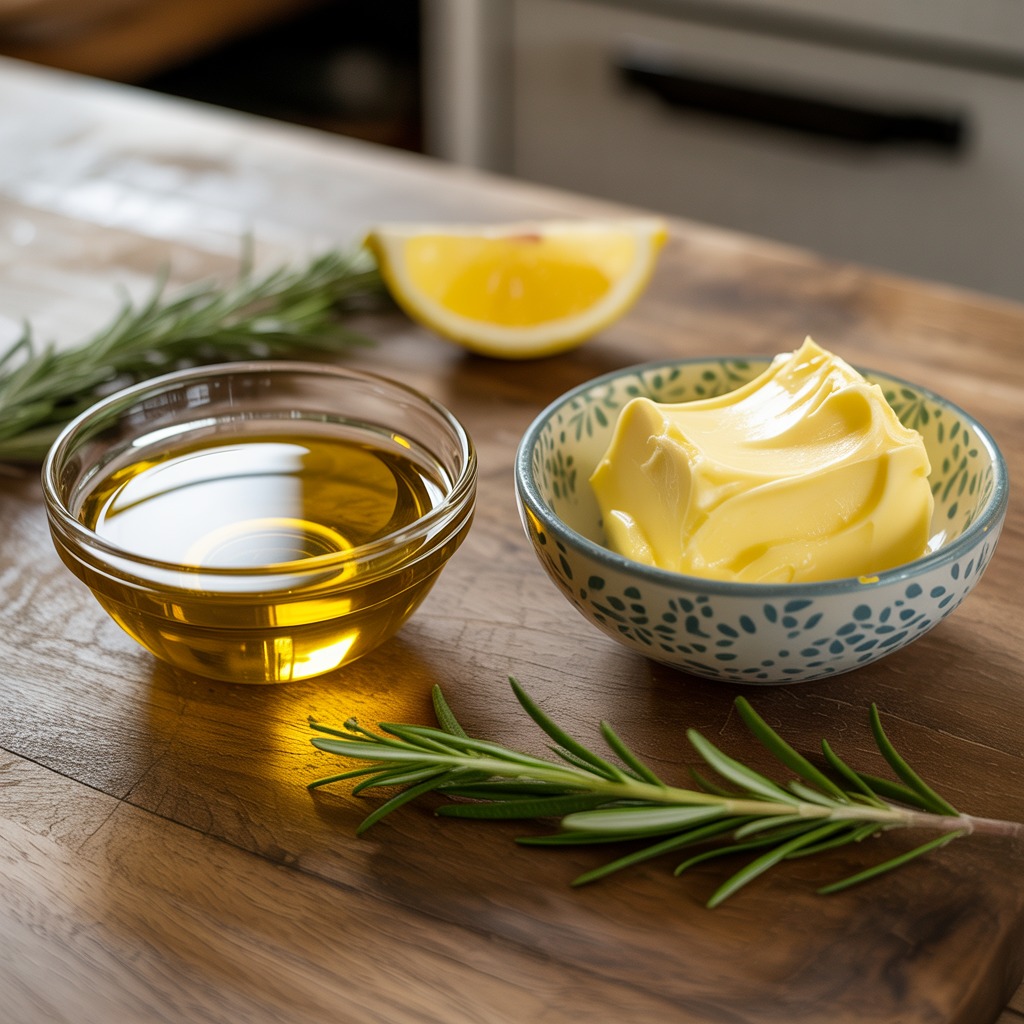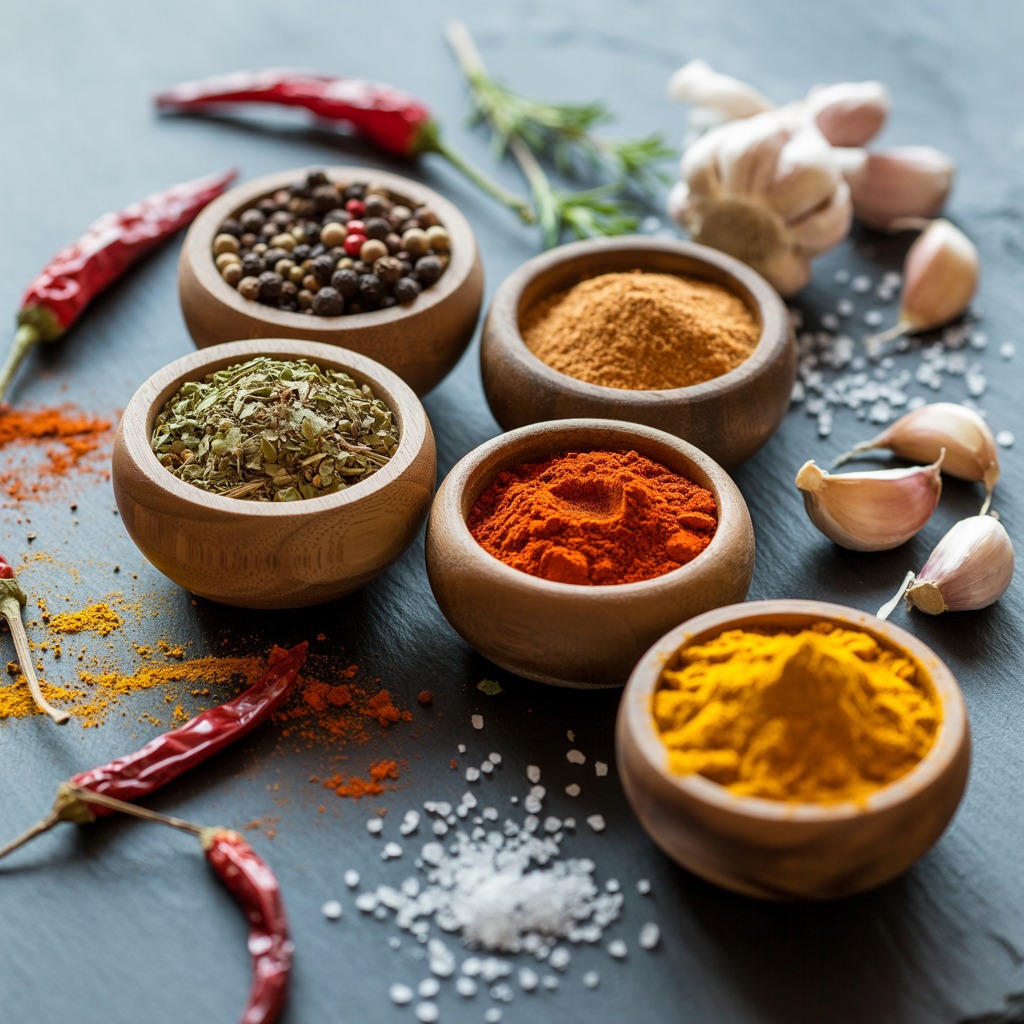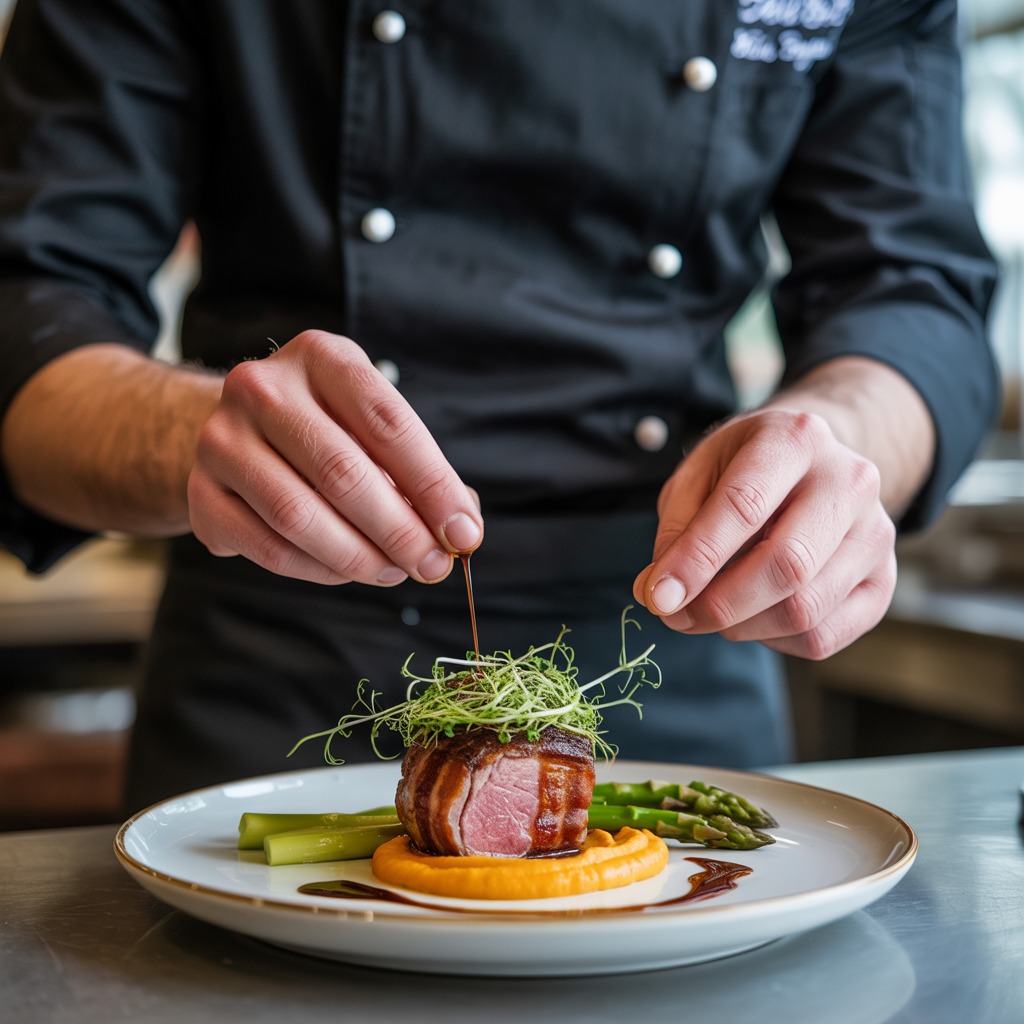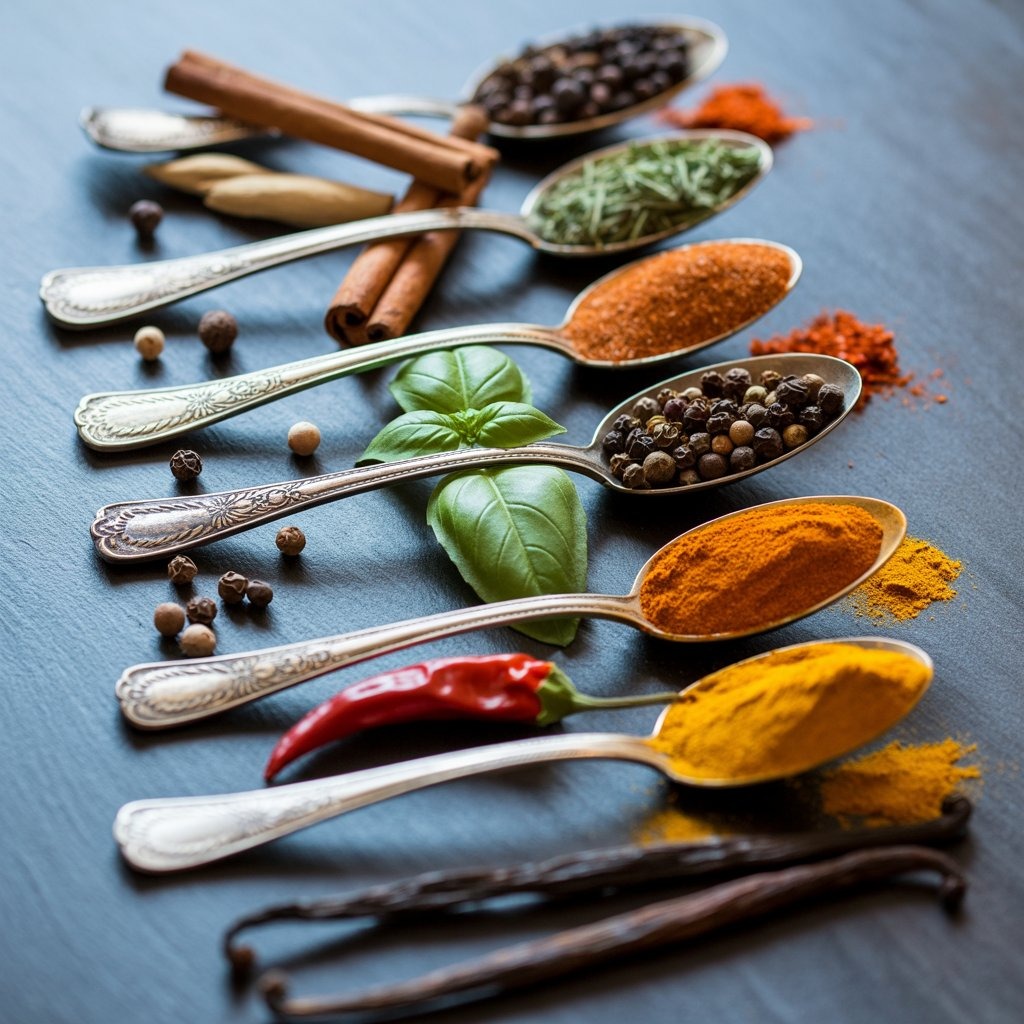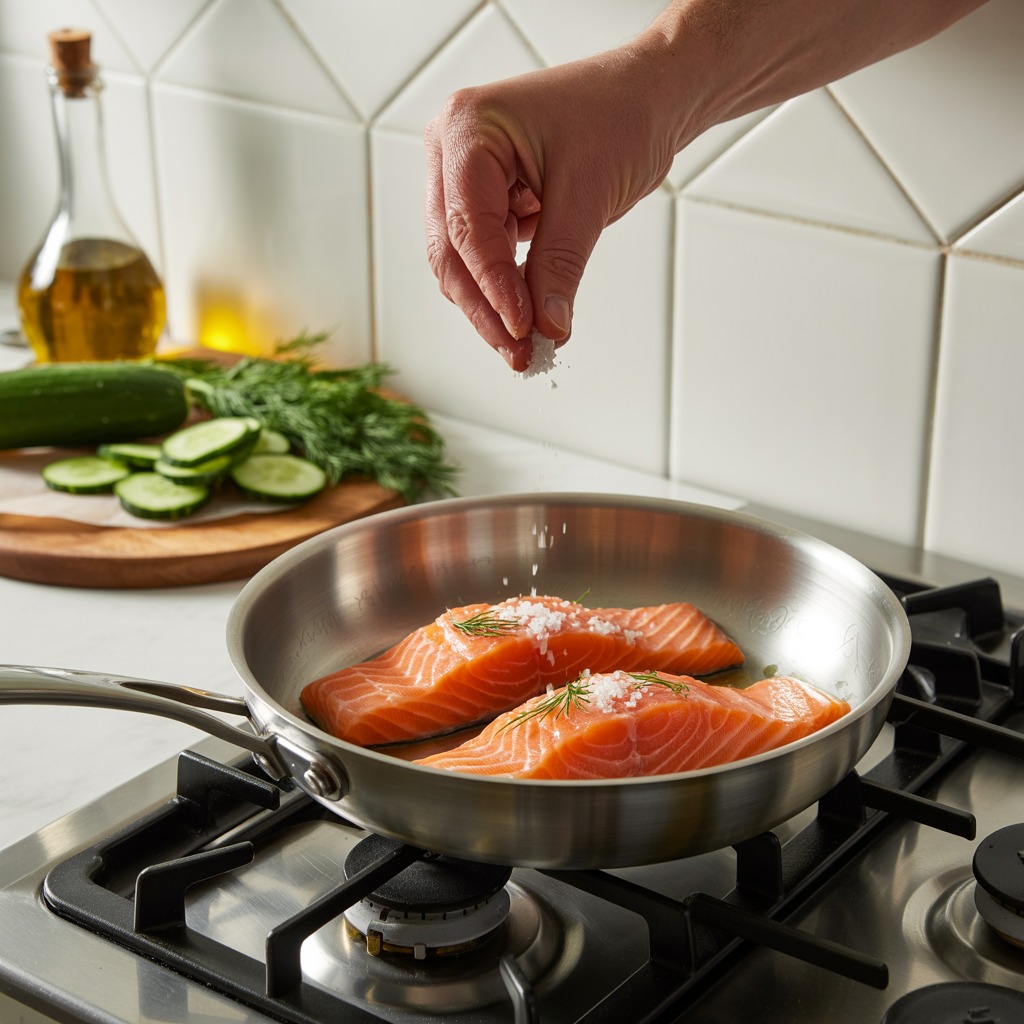Cooking Is a Skill, Not a Talent (Here’s Proof)
The first time I made scrambled eggs, I thought I had it in the bag. I’d seen it done a dozen times. Crack the eggs, whisk them up, throw them in a hot pan, and cook. But when I scraped that pan, what I got was dry, rubbery eggs stuck to the bottom like cement.
I stood over that skillet, disappointed. I hadn’t just ruined breakfast—I’d lost a little confidence too. Maybe, I thought, I’m just not cut out for cooking. Maybe you either have the touch, or you don’t. Maybe it’s in your blood—or it’s not.
I didn’t grow up in a house where cooking was taught step by step. We ate well, sure, but there were no handwritten family recipes or long days stirring sauces with grandma. So I figured I missed out. I thought cooking was for people who just knew what they were doing.
Then I had kids. And I realized real fast: food needed to come from somewhere, and it couldn’t be frozen waffles every night. So I started cooking. Badly. But consistently.
The Talent Myth
There’s this idea floating around that good cooks are born with it. That some people have an instinct, a gift, a natural ability to make food taste amazing. And yes, some people may start out more comfortable in the kitchen. But the truth? Skill beats talent. Every time.
What we call talent is often just experience. The chef who sautés without looking? They’ve done it a thousand times. The person who seasons perfectly? They’ve tasted their way there. You’re not watching a natural—you’re watching someone practiced.
Thinking cooking is a talent sets people up to quit too soon. When something doesn’t go right, it’s easy to say, “I’m just not a cook.” But the real story is that nobody starts as a cook. They become one.
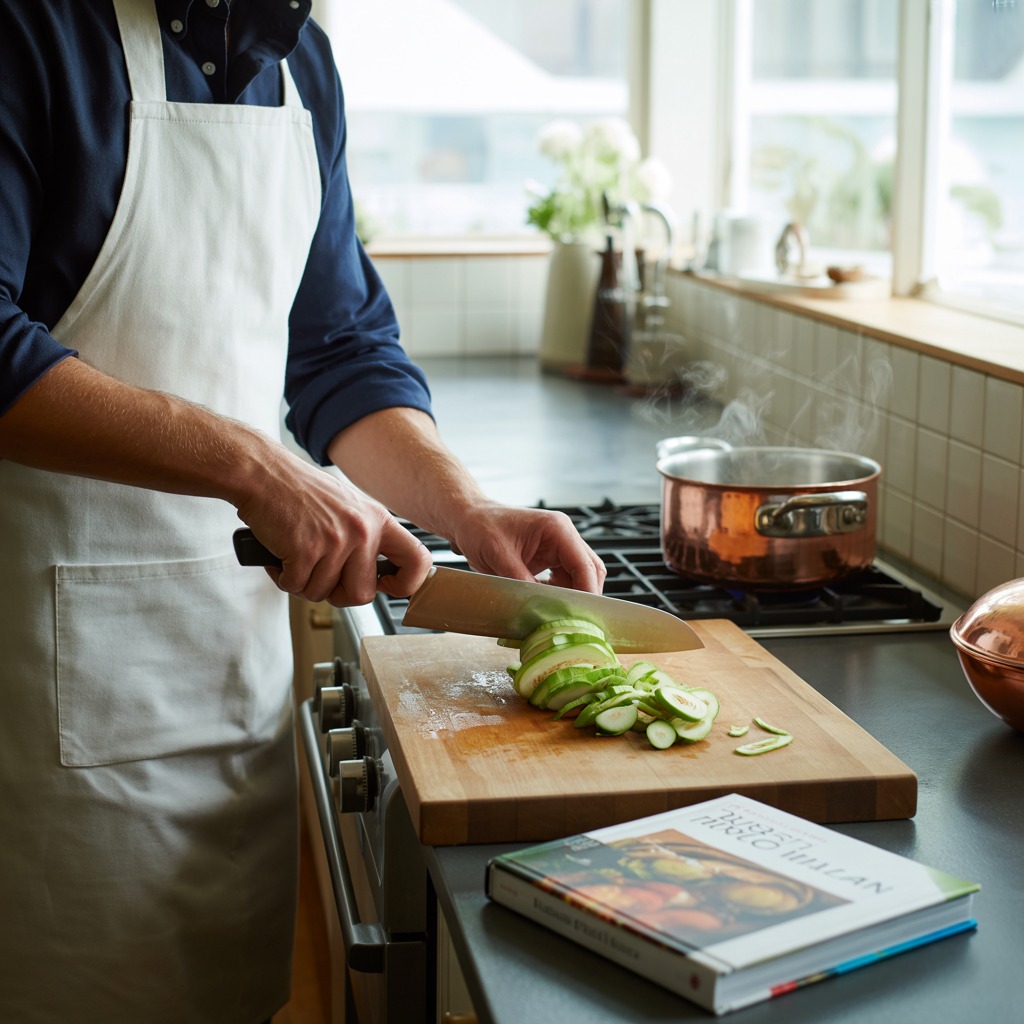
Learning Through Mistakes
I didn’t learn to cook by following flawless recipes. I learned by burning things, under-seasoning meals, overcooking pasta, and forgetting ingredients. I once put cayenne instead of cinnamon in applesauce. That was not a good day.
But I also learned to adjust. I learned what “medium heat” actually feels like. How garlic smells one second before it burns. How to fix a bland dish with acid. I learned that cooking isn’t a clean, straight line. It’s a loop of trying, failing, tasting, tweaking.
One time, I made roasted vegetables that came out pale and soggy. The next time, I cranked up the heat, spaced them out on the pan, and they came out caramelized and sweet. Not because I read it somewhere—but because I paid attention.
The more I cooked, the more I saw patterns. I started trusting my nose. My hands. My gut. Not because I was born with talent, but because I kept coming back to the stove.
What Changes When You Treat Cooking as a Skill
When you believe that cooking is something you can learn, it stops being scary. You’re not performing, you’re practicing. Mistakes become lessons, not signs you should give up.
You start noticing more. The sound of onions when they hit hot oil. The way chicken skin crisps when the pan is hot enough. You don’t panic when something goes wrong—you troubleshoot.
You stop needing recipes to hold your hand. You start using them as guides, not rules. You begin to improvise. Swap out ingredients. Taste as you go. Adjust for the people you’re feeding. That’s not talent. That’s skill. Built slowly and deliberately.
Real Progress, Real Life
When I finally made scrambled eggs that were soft, tender, and seasoned just right—it felt like a small miracle. But it wasn’t. It was practice. Just like learning how to ride a bike or speak a new language.
Cooking didn’t just change the way I fed my family. It changed the way I saw myself. I stopped saying “I can’t cook.” I started saying, “I’m learning.” That shift made all the difference.
And the more I learned, the more freedom I felt. I could make dinner with whatever was in the fridge. I could riff on recipes. I could teach my kids how to make pancakes and scrambled eggs and let them mess up too—because now I knew, that’s how you learn.
Conclusion
Cooking is not a gift passed down in secret. It’s not something you have or you don’t. It’s a skill. A repeatable, learnable, mess-up-along-the-way kind of skill.
If you’ve burned dinner, undercooked pasta, or turned chicken into rubber—congratulations. You’re learning.
You don’t need to be born with it. You just need to show up. Stir the pot. Taste. Try again. You don’t need to be talented. You just need to keep going.
That’s the proof. You can cook. Because cooking is a skill, and skills are for everyone.
